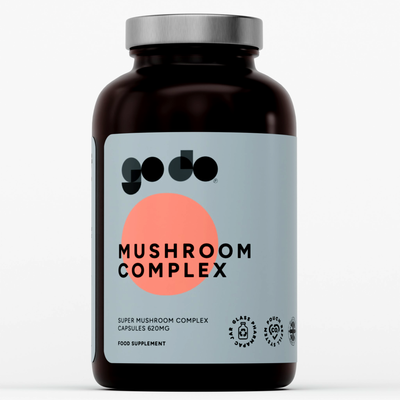In order to have proper functioning of hundreds of enzymes, magnesium is inevitable. An adequate supply of magnesium is vital for brain functioning, bone strength, heart health, and muscle movement.
By providing supplements in sufficient amount gives relief from constipation, better sleep and improved diabetic pattern and blood pressure flow.
There are various sources to have magnesium intake naturally through many dietary products. For instance, nuts, Avocado, Spinach, Black beans, Pumpkin seeds, etc. In addition, dairy products are also a significant source of magnesium.
The outcome of low magnesium intake
Magnesium deficiency is found in people who usually carry unhealthy lifestyle i.e. they usually consume fast food like burger, pizza and beverages, and their food lack green leafy vegetables or milk products. Such deficiency led to insomnia, osteoporosis, muscle weakness and cramps, type 2 diabetes and tooth cavities and much other health problems.
What is the adequate amount of magnesium intake?
Most of the studies usually suggested a mild dose of magnesium on a daily basis unless you have some serious illness. The tolerable amount of magnesium via supplements for adults above the age of 19 years is 350mg per day.
It is to be noted that this recommended amount is for people who do not possess any serious medical illness. The amount of magnesium varies for diabetic patients, insomniacs, people suffering from constipation, osteoporosis, or heart patients. In most of the cases it is 500mg per day on an average. Following paragraphs will help to understand what are the needs of magnesium deficient people in terms of magnesium intake through supplements if they carry some other illness as well.
1.Diabetes
It is suggested that people who tend to have food rich in magnesium have low stakes of getting diabetes. This happens mainly due to the significant role played by magnesium in glucose metabolism. Several studies concluded that taking a supplement of magnesium particularly magnesium oxide range from 500mg/day to 1000mg/day reveal an increased level of Plasma, cellular and magnesium levels with improved glycemic control.
2.Constipation
Magnesium hydroxide, commonly known as milk of magnesia is quite beneficial for people suffering from constipation. As it helps soften stool by pulling water in intestine to make the passage easy.
The recommended amount of milk of magnesia is 1000mg per day i.e. two spoons per day (one spoon equals 500mg). However, the amount can be increased to 2000 mg based on the severity of the disease.
It is to be noted that more than four spoons or 2000mg should not be reached as overdose can be the cause of diarrhoea.
3.Migraine
One of the outcomes of magnesium deficiency is evident in the form of migraine headaches as a result of lower levels of serum and tissue magnesium. Various experiments have suggested that on an average 500mg of magnesium or in sever case 600mg of magnesium on a daily basis along with other medication might be helpful in preventing such headache.
4.Insomnia or Lack of Sleep
Sufficient amount of magnesium is necessary for a normal sleep cycle. However, magnesium deficiency has more prominent symptoms in older people in terms of sleeping problem. One study reveals that a total of 500mg of magnesium is sufficient in older adults to generate sound sleep.
However, it is to be noted that overdosage of magnesium supplement may cause serious problems in terms of health. Therefore, it is to be suggested that by maintaining a healthy lifestyle which encompass magnesium rich food may prove to be helpful in reducing magnesium deficiency along with suggested supplements by your doctor.




































































